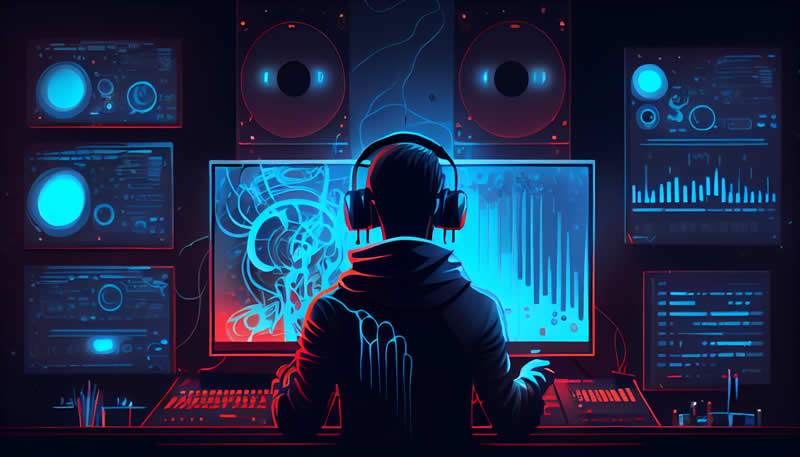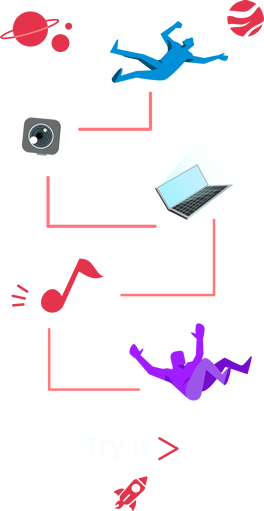How to become a studio engineer? Role, duties and average salary
Once you decide to learn how to become a studio engineer, there is indeed a lot to learn, and at first it could seem very frightening. However, your confidence will start to increase as soon as you are able to connect a microphone and begin recording performances.
A recording engineer is one of the many essential roles in the process of capturing sound and turning it into a top-notch musical track. Continue reading to learn how to become a studio engineer.
What is a studio engineer?
A studio engineer, sometimes referred to as a recording engineer, audio engineer, or sound engineer, captures and manipulates live sound to create a professional-quality recording. A recording engineer simplifies the technical aspects of the in-studio recording process in the music business.
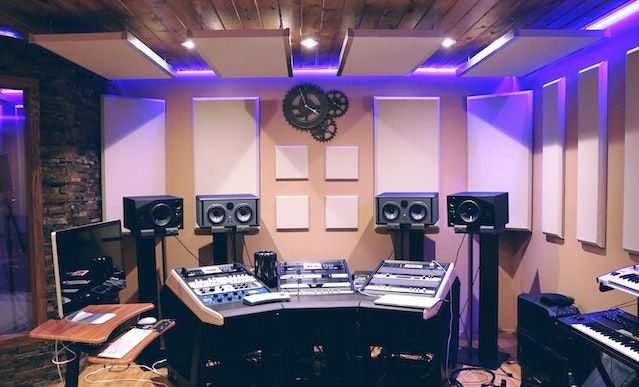
The technical facets of music production are the main area of attention for studio engineers. The studio soundboard, which balances and harmonizes the numerous factors that go into a recording, is frequently under the responsibility of these professionals. They can, however, do a lot of other things, like mixing and creating.
Main responsibilities of a studio engineer
Recording
Studio engineers concentrate on the intricate technical details of every sound recording session, from managing complex sound systems to setting a stage with acoustic equipment.
They are skilled masters of all the cutting-edge audio gear required to capture the best tracks in the studio or during live performances.
Before a performance, recording session, or live event, they assist the musicians in setting up their equipment (such as microphones and speakers) and make sure everything is in excellent recording condition.
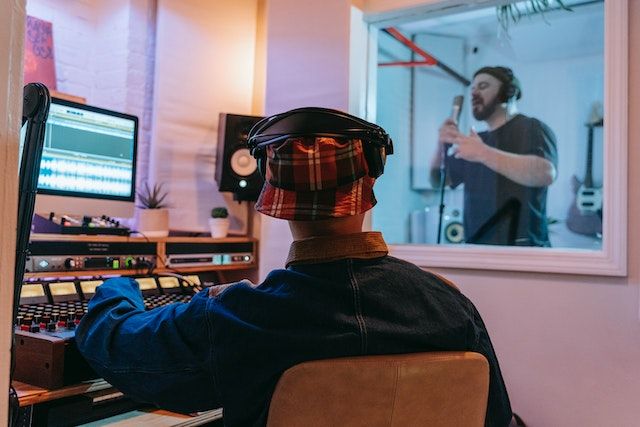
Editing
A recording's sound design is adjusted by studio engineers in cooperation with the performer and their music producer.
Adjusting sound levels, equalizing a recording, adding sound effects, lowering background noise, and leveling the sound quality throughout the track are all possible components of the calibration process.
They must be professionals in using cutting-edge equipment to record digital audio (or analog audio).
Mixing
If you want to learn how to become a studio engineer, soundboards and mixing boards demand an in-depth understanding. A separate mixing engineer may be present in some recording facilities.
However, recording engineers may frequently combine tracks on their own (which usually involves syncing audio with visuals in the post-production stage). The engineer will make edits, such as adjustments to pitch, tempo, or acoustics, to each independently recorded instrumental component that makes up a single song.
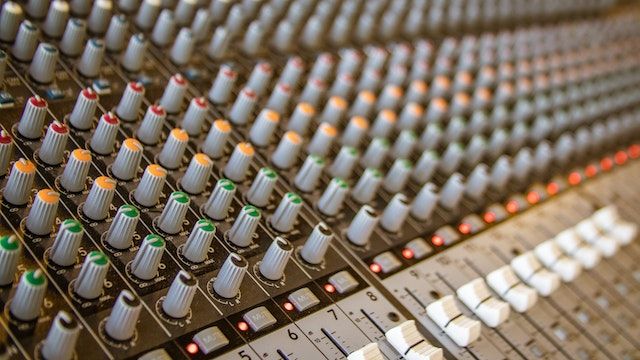
Production
While some studio engineers are more interested in the artistic side of their work, others may concentrate on the more technical components.
During a recording session, some engineers work as producers, addressing issues in the music studio and offering guidance to the artist or audio producer on the final songs.
How to become a studio engineer
For those who enjoy music, sound engineering may be an interesting and fulfilling job. An outstanding audio engineer is informed and intuitive, but also able to follow instructions and communicate clearly. Although there is no particular path to become a recording engineer, the following broad stages might help you do so.
Watch recording engineers in action
Keep a close eye on how things are organized, operated, and maintained. Keep an eye on the house engineer's interactions and communication with different persons. Keep track of the volume adjustments they make and the outcomes they produce.
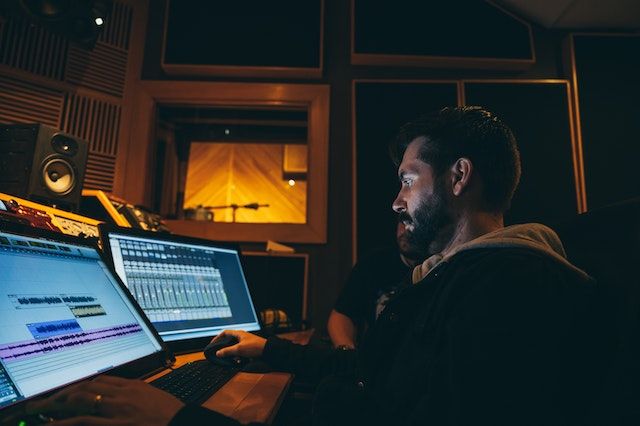
Ask sound engineers if there is anything you can do to assist. Every opportunity that is given to you is an opportunity for you to learn a new skill that will advance your profession. Making relationships and starting somewhere are keys in the music business.
Read up on audio gear to increase your understanding
Look into the uses that various speakers have. Find out which wires are for sound consoles and amplifiers and which ones are for microphones. You should be able to set up a variety of audio equipment. By watching lesson videos online, you may learn a lot.
Despite the fact that many technologies are still developing, certain equipment hasn't changed much since the beginning. It's important to keep your information up to date.
Look for a production or recording company internship
In the beginning, you might have to accept unpaid work, but if you can, you'll learn a lot to make up for the wage cut. Find out if there is a studio nearby, then get in touch to see if there are any openings.
Even if a production company's specialty isn't exactly what you're interested in, it's still worth finding out whether they offer internships.
Learn how to utilize music-making programs
You should have a basic working knowledge of applications like Pro Tools, Logic, Ableton, etc. Buy some recording software if you can, then play with it. Select your favorite music and import it into the software. Cut the music into several pieces and experiment with volume and EQ adjustments.
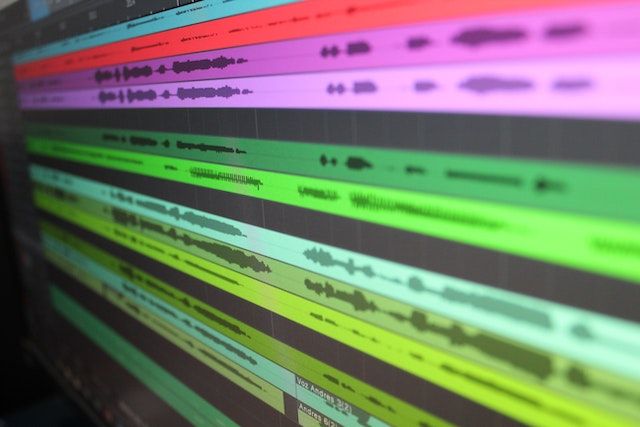
Although not all studio engineers mix fresh music tracks, being able to do so increases your value and competence. Like everything else, learning this will take time, but it's crucial for laying the groundwork for your foundation.
Learn about safety measures
You should master the fundamentals of electrical safety since audio professionals use a variety of electrical devices. Learn about topics like the distinction between current and voltage.
To avoid blowing a fuse, you should be aware of how much equipment may be securely connected to a power strip. For instance, physics lessons are an excellent place to start, and try to find a course on electrical safety.
Obtain a diploma or certificate
Obtaining a certificate or degree shows that you are committed to continuing your education and improving. This implies that you give something your full attention until it is completed.
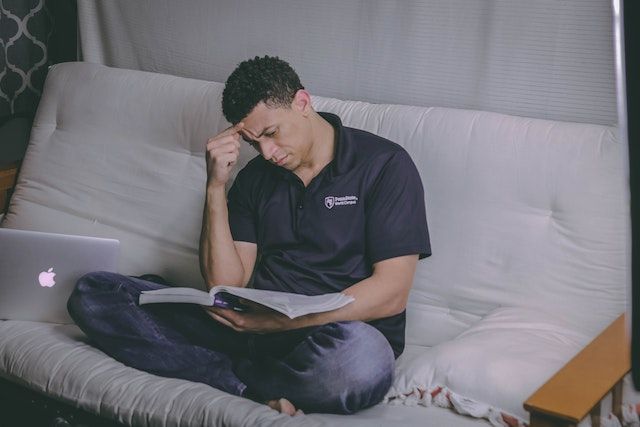
A diploma or certificate demonstrates your training credentials. For certain positions, it might not be necessary, but it will greatly increase your appeal to potential employers.
A common certificate or degree can be an associate's or bachelor's of science in audio engineering, or a certificate in audio engineering or sound design. An all-encompassing education in the subject of audio engineering is provided through these certifications or degrees, which are based on a combination of music, business, and technical courses.
Audio engineer salary
According to Indeed, the average salary for a audio engineer is $27.34 per hour in the United States. However, this sum may change based on a person's degree of education and experience.

On the other hand, in Europe, according to Salaryexplorer a person working as a studio engineer in Ireland typically earns around 31,000 EUR per year. Salaries range from €16,100 (lowest) to €47,400 (highest).
Again, depending on a person's level of education and experience, this amount may differ.
How to become a studio engineer - Conclusion
Don't expect much popularity in this role because sound engineers rarely ever receive recognition for the crucial role they play in live performances or an outstanding mix for a successful song. Instead of getting satisfaction from praise, you should get pleasure from the task itself.
We hope you enjoyed reading this post, and if you'd want more career-related guidance, on our blog section, there are many more beneficial articles, advice, and recommendations to be found.
You are undoubtedly here because you love music, so please take advantage of the chance to listen to it while interacting with other users via webcam in CalypsoRoom.
In CalypsoRoom we believe music is the most powerful tool to bring people together, and that’s why we created a safe digital music social network online where you can meet friends or new people starting from the same song, listening to the music simultaneously connected by webcam.
Are you a music artist or label and do you want to give your music a further dimension? Do you own or co-own the master and publishing rights to your music? Consider to post it on CalypsoRoom listening to it together with your super fans, at the same time, connected by webcams.
Thanks for reading,
CalypsoRoom Team
back
Written by CalypsoRoom Editorial Team
The CalypsoRoom Editorial Team is a skilled and diverse group of writers, researchers, and industry specialists who have access to Calypso's data and information in order to give you broad knowledge about the music industry as well as helpful advice to help you manage your music and dancing career.
Updated January 2023
Company number: 681223
James's Walk 31, Dublin, Ireland
contact@calypsoroom.com
+353 (89) 435 8928

